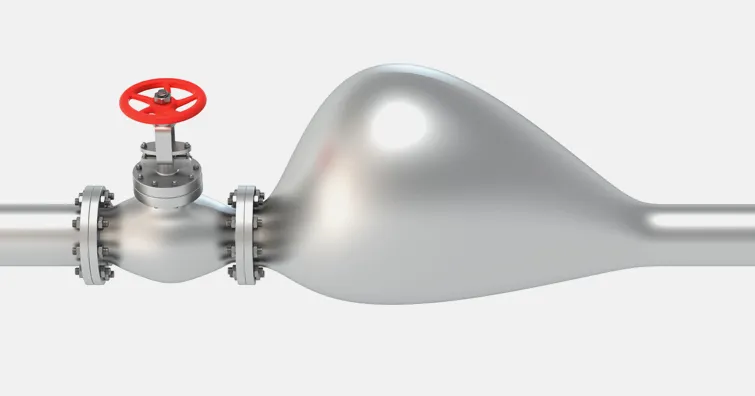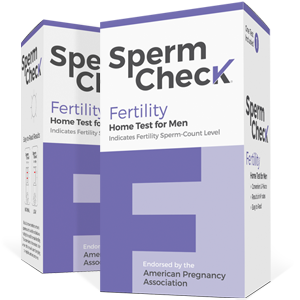
Varicoceles are a common scrotal condition that can contribute to reduced sperm count and sperm quantity, affecting male fertility and reducing the likelihood of unassisted conception. While a man with varicoceles may be able to get a woman pregnant, the condition can make the process more challenging. Here, we will explore varicoceles in depth, from their formation and prevalence to their impact on fertility, possible treatment options, and more.
What Is a Varicocele?
A varicocele is an enlargement of the veins within the scrotum. These veins can become enlarged when their connected valves that work to regulate blood flow begin to function improperly. Without proper valve function, gravity can cause blood to collect within the veins of the scrotum, leading to vein dilation and varicoceles.
Why Do Varicoceles Form?
Varicoceles typically form during puberty and can occur on one or both sides of the scrotum, although they are more often identified on the left side. The exact reason why varicoceles form is not entirely understood, but it’s believed to be related to the male anatomy and direction of blood flow in the veins.
How Common Are Varicoceles?
Varicoceles are quite common and can be discovered in men of any age. However, they are more frequently diagnosed in younger men – likely due to the growth and development that occurs during these years. According to a 2016 study, varicoceles are found in approximately 15% of the overall male population and are even more prevalent in men who have fertility issues, for example:
| Fertility Classification | Percentage of Men with Varicoceles |
| Men with Primary Infertility | ~ 19 – 41% |
| Men with Secondary Infertility | ~ 45 – 81% |
Source: Journal of Urology
What Problems Are Associated with Varicoceles?
Varicoceles can be associated with several issues, primarily affecting male fertility. They can cause decreased sperm production, structure, and function. Additionally, varicoceles can also lead to testicular atrophy, where the affected testicles become smaller than normal. How varicoceles hinder sperm production, structure, and function remain unclear, but many theories exist.
Varicoceles and Male Infertility: A Well Documented Relationship
Regardless of theory, the link between varicoceles and male infertility has been well-established and documented for centuries. Published in the International Brazilian Journal of Urology, an article, The History of Varicocele: From Antiquity to the Modern Era states:
In the mid-19th century (1856), Thomas Blizard Curling (London 1811-1888), observed “a decrease in the secreting powers of the gland” and suggested, for the first time, a relationship between varicocele and male infertility.
Other researchers later confirmed this connection in the early 1900s. The article continues:
William Selby Tulloch (1913-1988) was the first surgeon to repair a varicocele for the treatment of infertility… This patient was able to attain an increase in sperm concentration and give rise to a natural pregnancy after their varicocele was repaired.
Tulloch’s study played a pivotal role in the global recognition of varicocele as a factor in male infertility.
The Varicocele Grading System
Today, varicoceles are typically diagnosed through a physical exam or with the help of an ultrasound. They are graded based on their size and the extent of vein enlargement. The varicocele grading system is based on criteria established by the World Health Organization (WHO) and explains:
- Grade 0: Very small in size; not physically noticeable (often discovered via ultrasound).
- Grade 1: Small in size; noticeable during an exam when utilizing the Valsalva maneuver (straining).
- Grade 2: Small to medium in size; noticeable without Valsalva maneuver.
- Grade 3: Large in size; visible to the eye and often accompanied by a prominent bulge in the scrotum.
Can a Man with Varicoceles Get a Woman Pregnant?
Despite the potential complications associated with varicoceles, many men with this condition can still conceive naturally. The degree to which fertility is affected depends largely on the severity of the varicocele – so there’s no reason to entirely rule out natural conception if you are affected by the condition.
Fertility Treatment Options
For couples that are having trouble conceiving, there are a few different treatment options that can improve the chances of pregnancy with varicoceles, for example:
- Surgical Repair: To improve their chances of conceiving, men can undergo a varicocelectomy. This procedure involves removing and/or tying off the affected veins.
- Assisted Reproductive Technologies (ART): Techniques such as in-vitro fertilization (IVF) or intrauterine insemination (IUI) can also be an option for couples who are unsuccessful in trying to conceive naturally.
While varicoceles can impact male fertility, they do not typically make it impossible to conceive a child. With appropriate diagnosis, grading, and treatment, many men with varicoceles successfully father children. If you suspect a varicocele or have concerns about fertility, it’s important to consult a healthcare provider for an accurate diagnosis and discussion of possible treatment options, including surgical repair.
Learn About Your Sperm Health with SpermCheck
Ensure that your sperm count is normal. The SpermCheck Fertility Test offers discreet and accurate results in as little as 30 minutes – all from the comfort of home. Utilized by over 500,000 customers, SpermCheck provides precise results that you can trust.
Struggling with infertility and need answers?
An at-home sperm test from SpermCheck can help you know your sperm levels and discover the best next step in your fertility journey. Order your SpermCheck Fertility test today.




